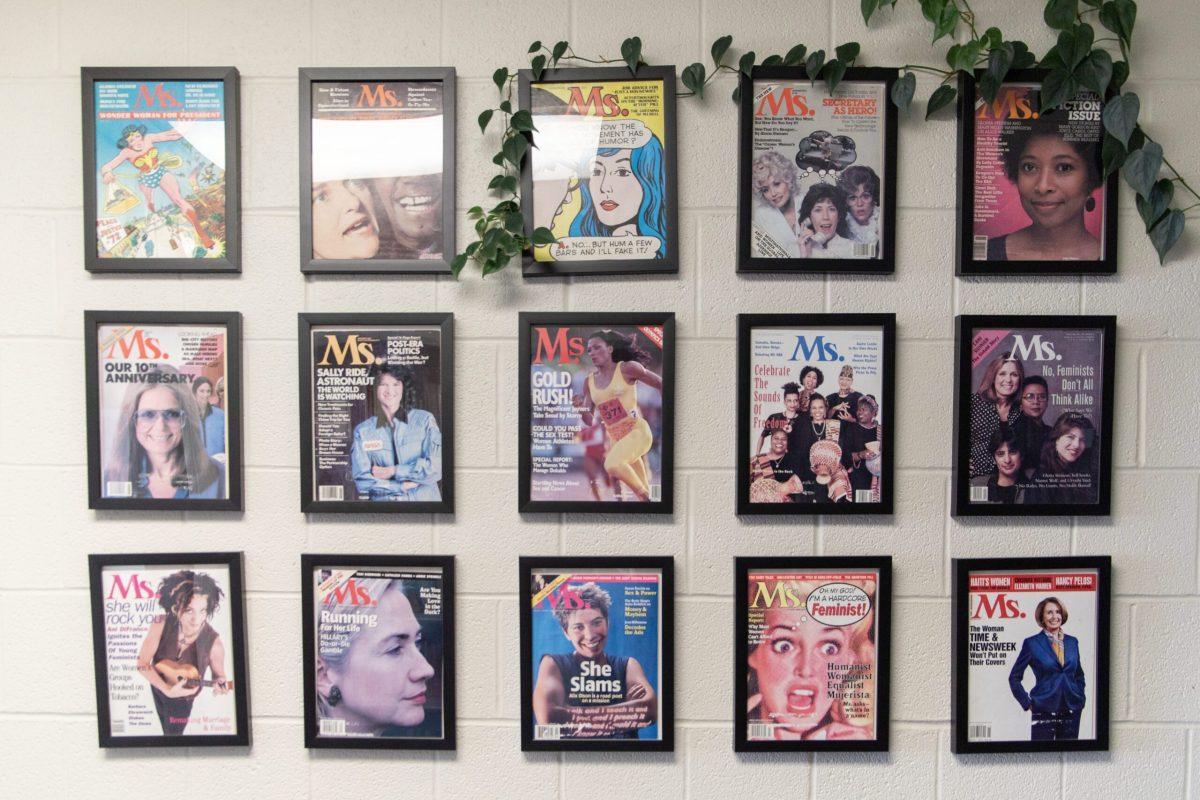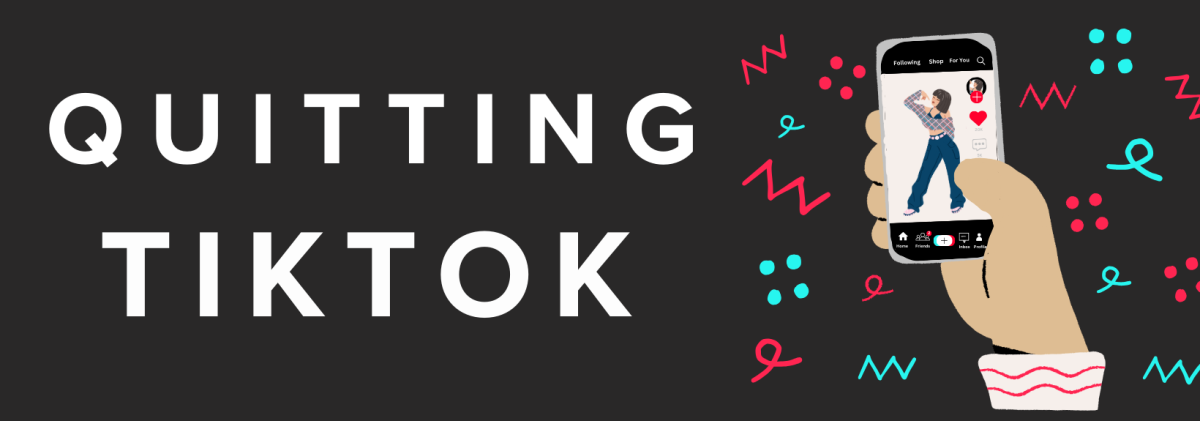College students often feel as though it’s impossible to be environmental on campus. That has to change.
As an incoming freshman from Phoenix, Arizona, I thought I had a pretty good idea of what the weather in Missouri would be like: mild summers, cold winters, occasional rainy days. However, when I arrived on campus, I was met with the most intense humidity I’d ever experienced.
MU students may remember the first week of class this year, where a 10-minute walk left you drenched in sweat and struggling to catch your breath. The humidity was suffocating; just stepping outside was exhausting. The summers in Missouri are not typically this hot, according to the locals I asked, as well as data from the National Weather Service. Nationally, this summer was the hottest ever recorded, with the months of June, July and August 0.41 degrees Fahrenheit warmer than all previous summers recorded.
As Missouri settles into the autumn and winter seasons, the weather gets even more unusual. Temperatures have fluctuated, but a high of 88 degrees in October, when it has already been declared fall, seems ridiculous. Heat sticking around in the fall isn’t an unfamiliar concept to me coming from Arizona where it only really starts to cool off in November, but I was still surprised. With my inexperience in “real winters,” I was even more surprised to wake up to a 25-degree low just a couple weeks later.
The Midwest experienced a heatwave this summer due to a “heat dome,” which NBC News called a “high pressure ridge that remains parked over the central U.S., trapping hot air over the region and funneling moisture from the Gulf of Mexico.”
It’s important to recognize that this heat dome isn’t an isolated weather event — it’s one of many odd seasonal events that occur due to global warming: wildfires in Hawaii and Canada, orange skies in New York, unbelievable heat in Arizona and the 2021 cold wave in Texas, which led to around 700 deaths. In all of these instances, global warming worsens a weather occurrence and causes catastrophe.
And we need to do something about it.
While the warm weather may seem arbitrary to the average American, the extreme heat can be lethal for those with no air conditioning and no way to cool off. According to the CDC’s Climate and Health Program, by Aug. 21, the Midwest saw 2,093 patients in the emergency room for heat-related illness. Missouri’s concrete state prisons retain heat and its prisoners suffer through it. Those who have the privilege to adapt to the heat should be recognizing the impact they could be making in the climate crisis.
It’s simply not enough to turn down the air conditioning a couple degrees and put more ice in our drinks. According to trends, summers will only get hotter and more catastrophic if we accept this as our new normal.
Global warming is a complicated issue, as its biggest contributors are giant corporations and fossil fuels, which account for over 75% of greenhouse gasses. The entirety of climate change is not to be placed in the hands of an individual — especially college students, many who may be struggling to get by in the first place. However, accepting that we have no role in the climate crisis is an undue resignation. It may seem like regular college students can’t do anything to help, but anything from using reusable cutlery to marching in climate protests makes an impact.
It’s also important to recognize the difference between collective action and individual action towards climate change. While collective action, such as protesting, calling legislators, and voting makes more of an impact overall, this should not undermine the importance of individual action. Reducing red meat intake, using reusable tupperware and thrifting still make a difference in the climate crisis. However, collective action can be free and less taxing on a college student.
If you’re feeling unsure of where to start, Sustain Mizzou offers great resources for students interested in being more environmental. Their meetings take place biweekly on Tuesdays at 7 p.m., and they host many events anyone can participate in including farmer’s market visits, Tiger Tailgate and beekeeping sessions.
The climate crisis is also something to keep in mind for the upcoming elections. Voting is perhaps the most important thing college students can do to make an impact. We have the ability to vote for candidates who are able to prioritize environmentalism on a local and national level. Do the research, find out who advocates for sustainability and use your voice. “Sustainable living” is not always cheap; the cost of reusable tupperware and environmentally-friendly shampoo adds up. Voting is free, and can make an impact on the climate justice movement overall.
The “college lifestyle” is inherently unsustainable. Plastic Starbucks cups, packaged produce and take-out boxes are almost unavoidable, especially for someone living in a residence hall. It’s not easy to make the switch to sustainable living. Making the little changes when we can, like using a reusable water bottle and reducing red meat consumption, can make more of an impact than we realize. Although it may seem pointless, these decisions are the ones that will be affecting the climate, and ourselves, for the rest of our lives.
Edited by Tierney Kugel | [email protected]
Copy edited by Grace Knight | [email protected]




















